Search results
1669 pages found for Yiddish club
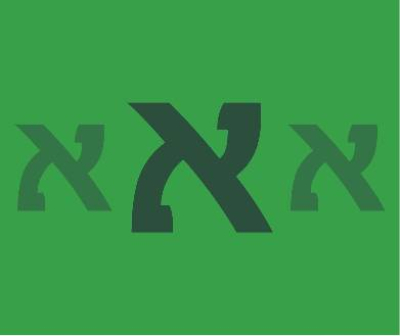
[SPR2025] Beginner I Yiddish (Tuesday)
This weekly class covers the alef-beys and grammar, vocabulary, and conversational basics. It is for those who are new to the Yiddish language or would like a review.
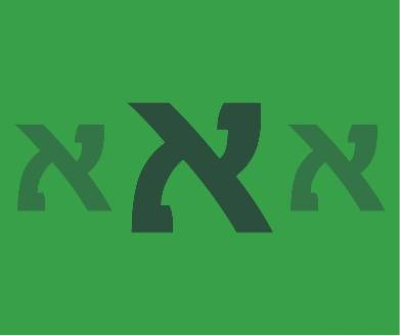
[SPR2025] Beginner I Yiddish (Monday)
This weekly class covers the alef-beys and grammar, vocabulary, and conversational basics. It is for those who are new to the Yiddish language or would like a review.
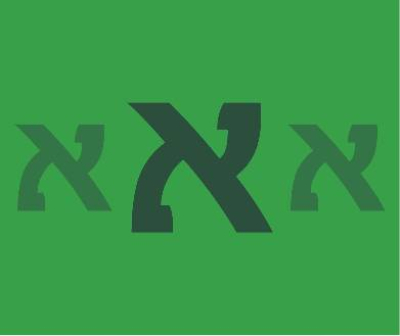
[SPR2025] Beginner I Yiddish (Sunday)
This weekly class covers the alef-beys and grammar, vocabulary, and conversational basics. It is for those who are new to the Yiddish language or would like a review.
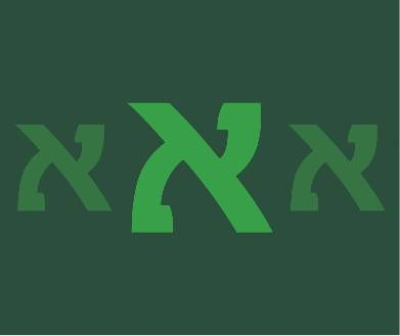
[SPR2025] Beginner II Yiddish (In-person)
This weekly class develops listening, speaking, writing, and reading skills. It is primarily for students who have completed Beginner I Yiddish or equivalent coursework.
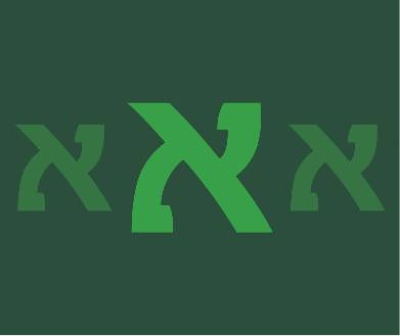
[SPR2025] Beginner II Yiddish (Monday)
This weekly class develops listening, speaking, writing, and reading skills. It is primarily for students who have completed Beginner I Yiddish or equivalent coursework.
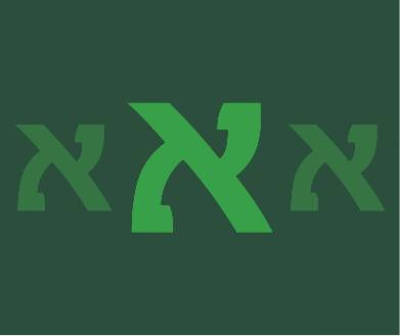
[SPR2025] Beginner II Yiddish (Sunday Afternoon)
This weekly class develops listening, speaking, writing, and reading skills. It is primarily for students who have completed Beginner I Yiddish or equivalent coursework.
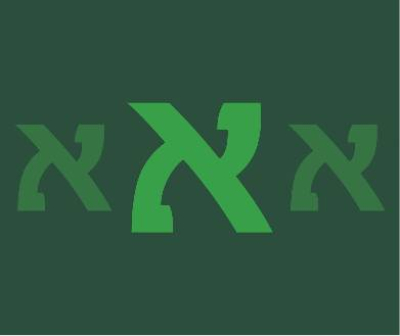
[SPR2025] Beginner II Yiddish (Sunday Morning)
This weekly class develops listening, speaking, writing, and reading skills. It is primarily for students who have completed Beginner I Yiddish or equivalent coursework.
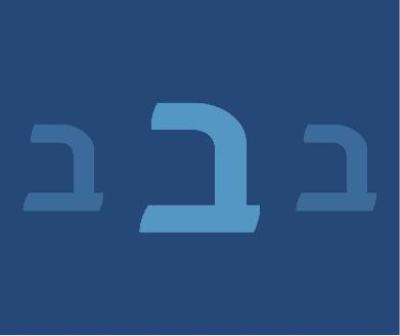
[SPR2025] Beginner IV Yiddish (In-person)
This weekly class enhances listening, speaking, writing, and reading skills. It is primarily for students who have completed Beginner III Yiddish or equivalent coursework.
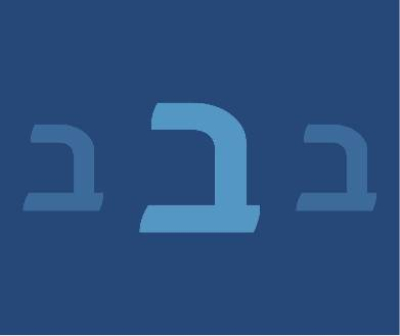
[SPR2025] Beginner IV Yiddish (Tuesday)
This weekly class develops listening, speaking, writing, and reading skills. It is primarily for students who have completed Beginner III Yiddish or equivalent coursework.
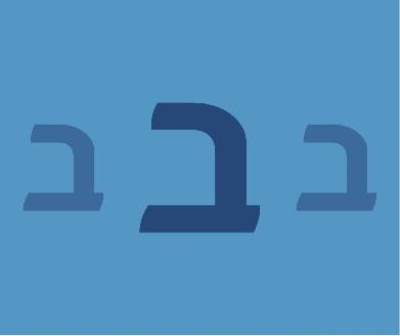
[SPR2025] Beginner III Yiddish
This weekly class develops listening, speaking, writing, and reading skills. It is primarily for students who have completed Beginner II Yiddish or equivalent coursework.




